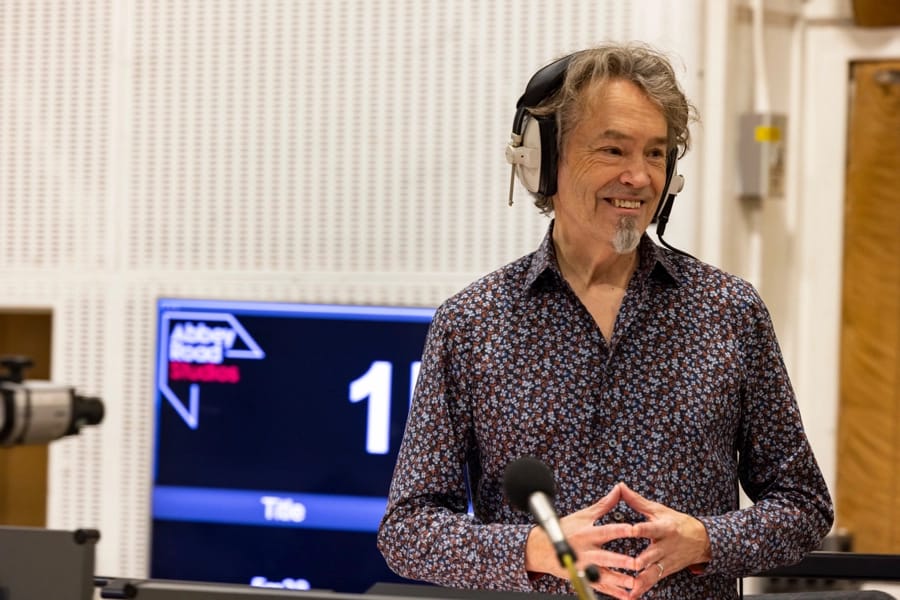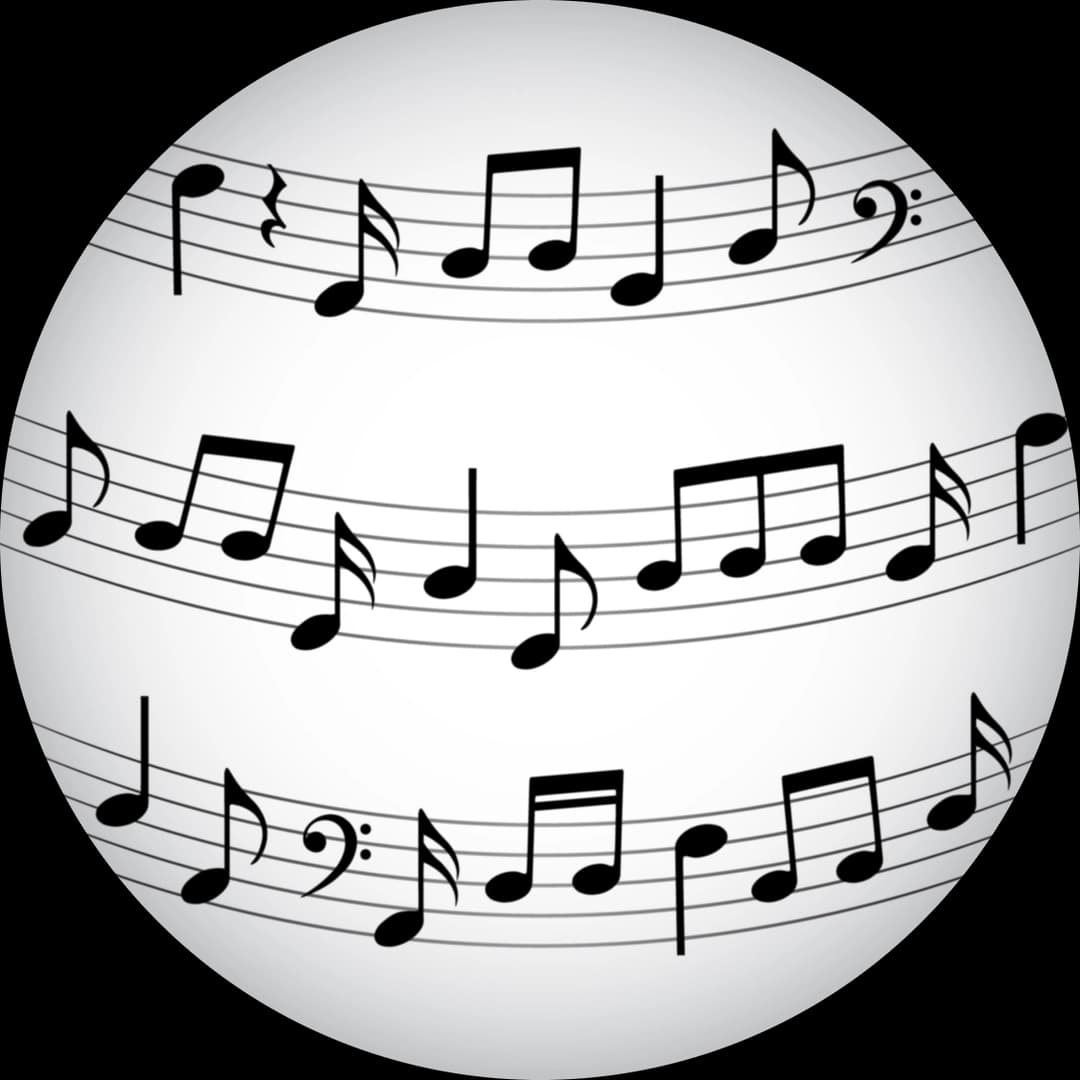
articles / Culture
Carter Burwell and His Non-Irish “Banshees” Score

Photo of Carter Burwell by James Gillham courtesy of Searchlight Pictures
You can listen to the full interview here:
The Banshees of Inisherin is the third collaboration between director Martin McDonagh and composer Carter Burwell. They also worked together on the films In Bruges, and Three Billboards Outside Ebbing, Missouri. The score for the latter also received an Oscar nomination, as did his score for the Todd Haynes film Carol. Burwell is also well-known for his decades-long collaborations with the Coen Brothers, beginning his film scoring career with their Blood Simpleand Raising Arizona. The Banshees of Inisherin tells of the relationship between two friends on an island off the coast of Ireland – which escalates to increasingly drastic consequences after one decides to end the friendship without explanation. As Carter Burwell told KUSC’s Brian Lauritzen, there was one important bit of direction from McDonagh: the score shouldn’t sound Irish.
“My initial thought upon reading the script was, and I said this to Martin, that, you know, it’s a story about two Irishmen on an island off the coast of Ireland during the Irish Civil Wars. Is there any reason the music wouldn’t be somehow Irish? And he just hated that idea. I think he said, ‘I hate diddle-dee old world Oy-rish film music.’ Clearly, it touched a nerve. And I didn’t go back there again with that concept, but I wasn’t sure what else to do. Honestly, it’s not like the story dictates what the music should be. I mean, it’s a very sad story, but it’s also funny and it wasn’t really clear to me at that point.”
The film opens with a piece of music that Martin McDonagh liked, which had nothing to do with Ireland, or Burwell: a Bulgarian choral work, which serves to take you to a place that’s unfamiliar. And the director also had it in mind to include a piece of Indonesian gamelan music in the middle of the film.
“I actually started including gamelan instruments in my score as a way to ease us into that sound… So if we got there, you’d have heard the sounds before: the wooden percussion, the metal percussion. And the celeste, of course, is much higher in pitch than the xylophones they use in a gamelan, but it’s related. And so, I felt like I was getting you prepared for that section of the film.”
In the end, though, the originally planned piece wasn’t used.
“The gamelan is kind of a ghost, or I think in writing, you call it an orphan – where you have this idea that you begin with, but then you throw the idea away, but then there’s still remnants of it. So it’s still in the score, and I think I really like it. I’m not honestly sure I would have come up with it if it weren’t for the fact that for a little while there was an actual Indonesian piece in the film.”
In the film, the character played by Brendan Gleeson is a fiddle player who wants to devote more time writing music than passing the time with his former friend. (The actor did his own fiddle playing.) Burwell’s score is centered on the reaction by Colin Farrell’s character to the sudden change.
“I kind of began at the beginning of the film from when we see Colin Farrell’s character at the start, he’s smiling. Right until about 2 minutes into the film, he’s had a fine life. Then it all falls apart. I sort of went with that, that he’s a happy lad and a simple lad too, and a kind of childlike character. But it’s also true that as much as he’s childlike, obviously the movie goes into some pretty dark areas and he himself becomes completely confused about what’s going on in his life and in the world. So, it couldn’t be just completely simple, like nursery rhyme sort of music. But I end up with something that has some of that kind of simplicity, played on the kind of instruments you’d find in a primary school. But harmonically it’s more complex. It’s kind of like walking a line between his childlike quality, but the actual complexity and darkness of the world as it is. That’s where I ended up.”
The instrumentation is simple – harp, celeste, marimba, flute, percussion, a few strings. And the scoring, like the conversation that used to flow freely between the two men, is restrained.
“I can tell you part of the reason why the music doesn’t say too much is partly a side effect, honestly, of the choice of instruments. Because the celeste, the flutes, percussion, you know, those are not melodramatic instruments. Marimba never drove anyone to tears. So it kind of inoculates you from the concern that we might get melodramatic in the music.”






